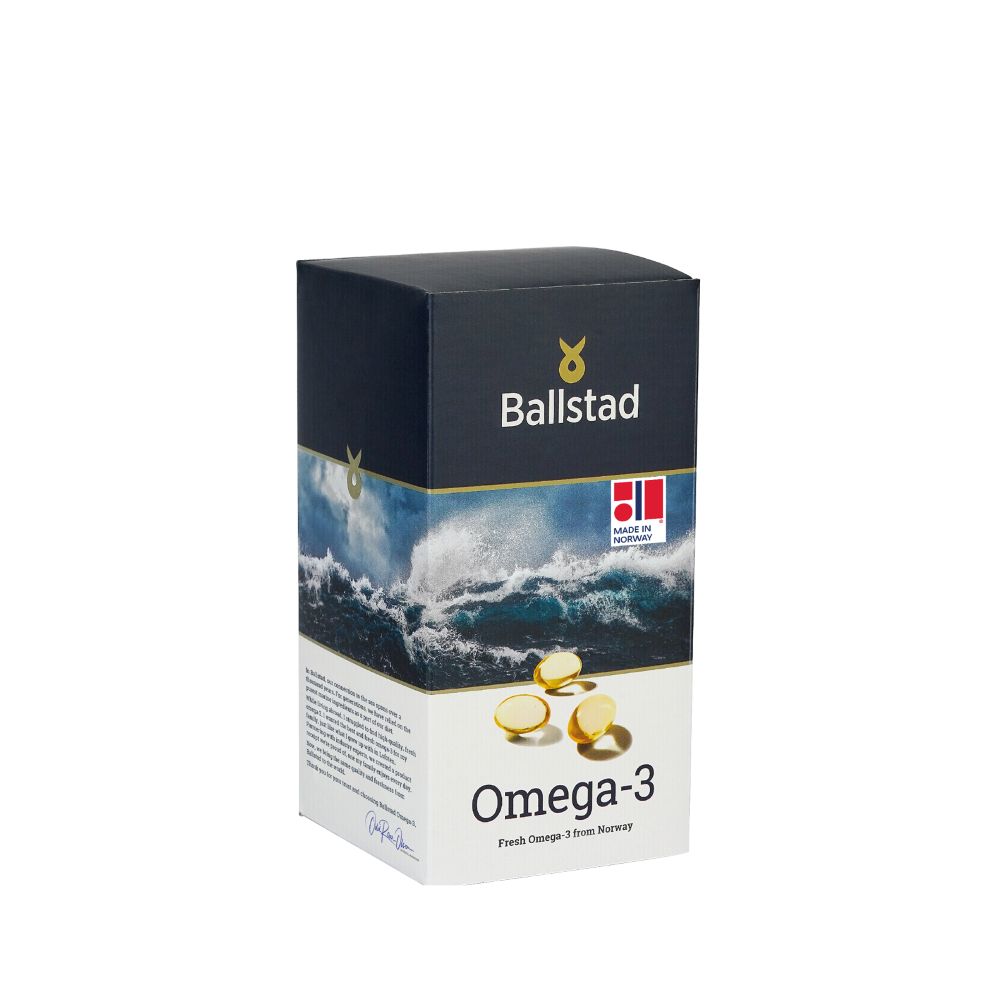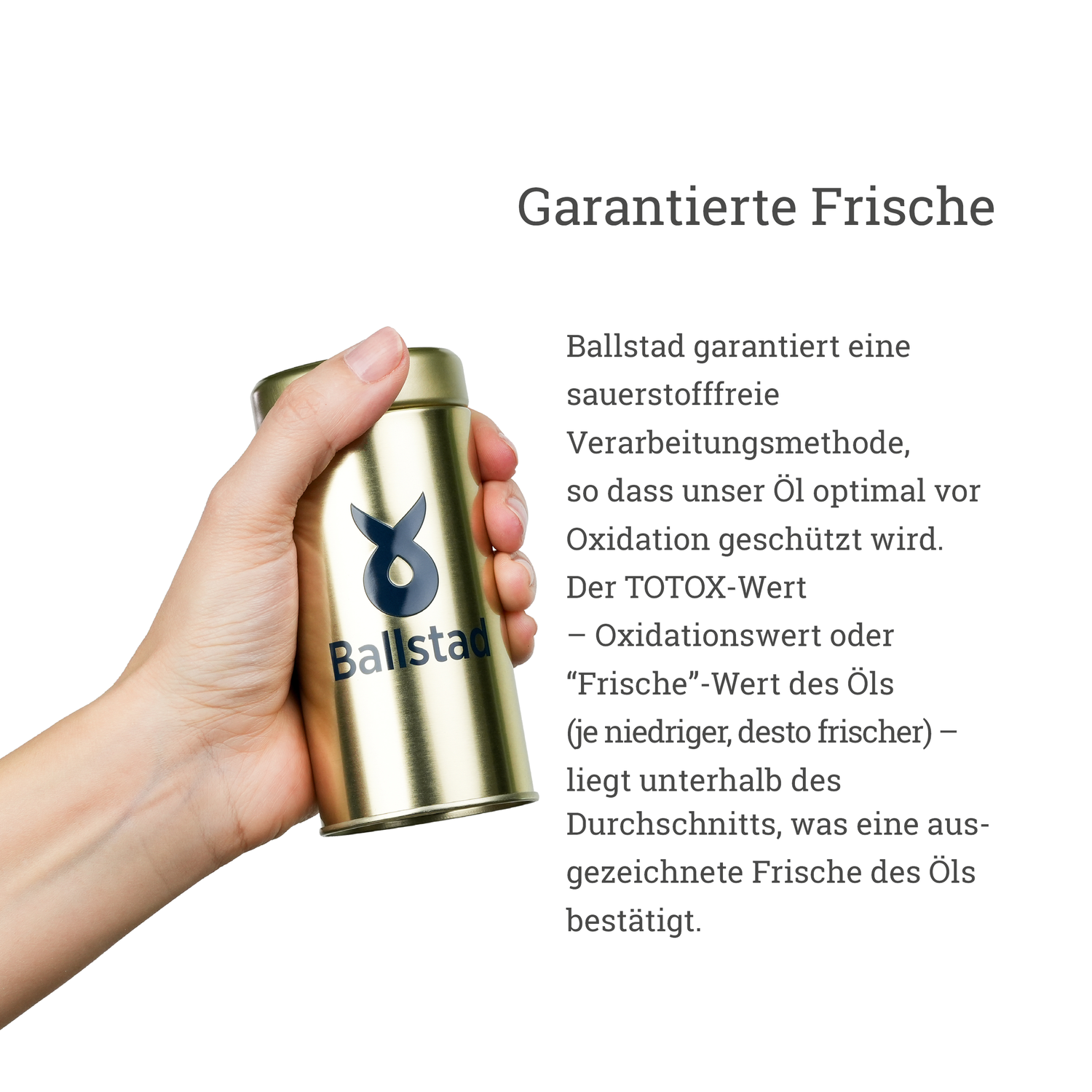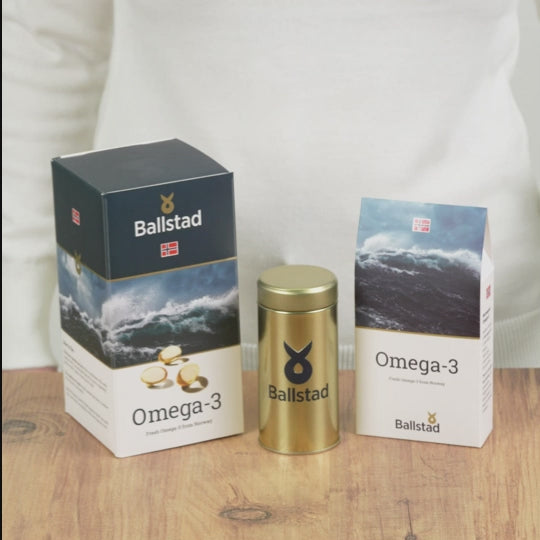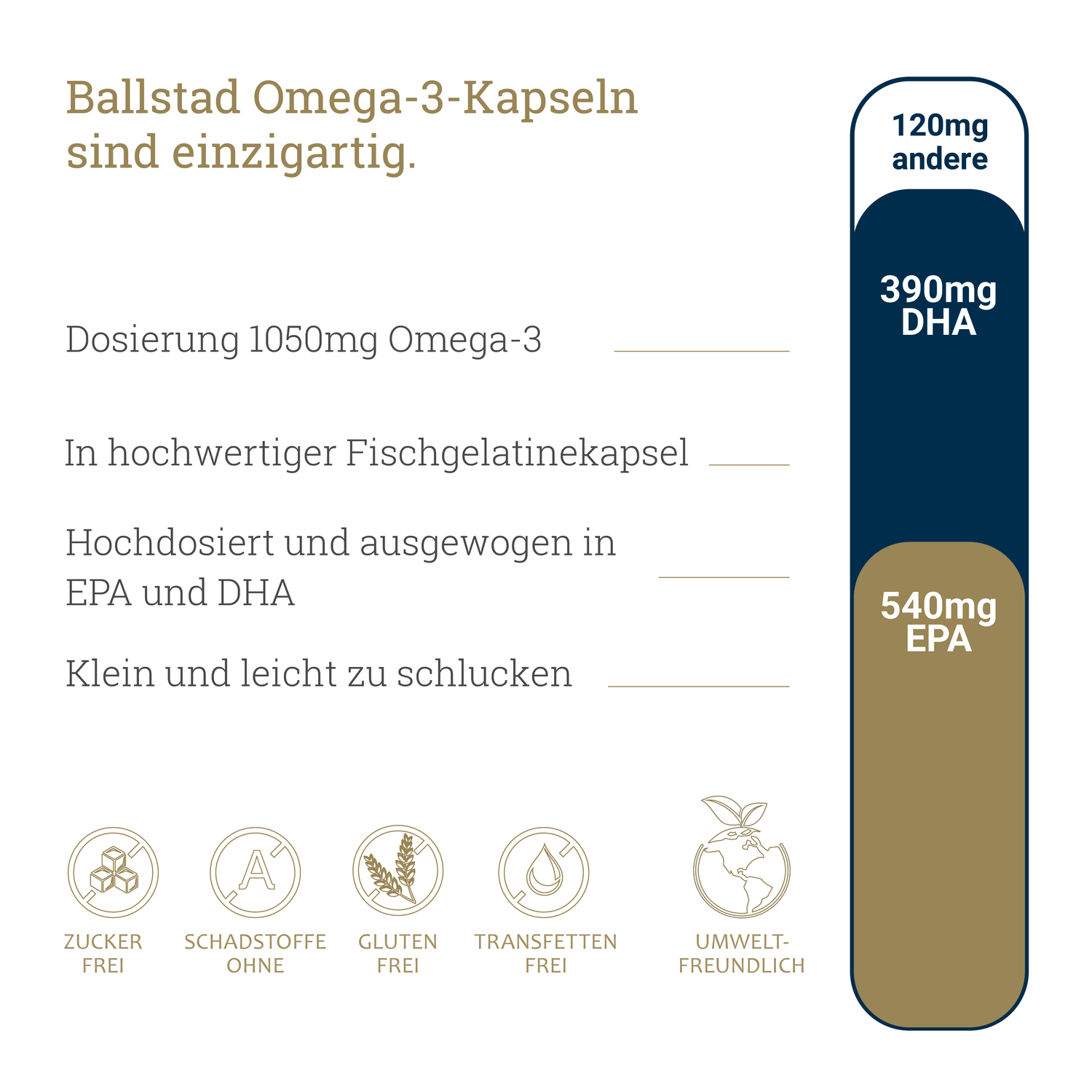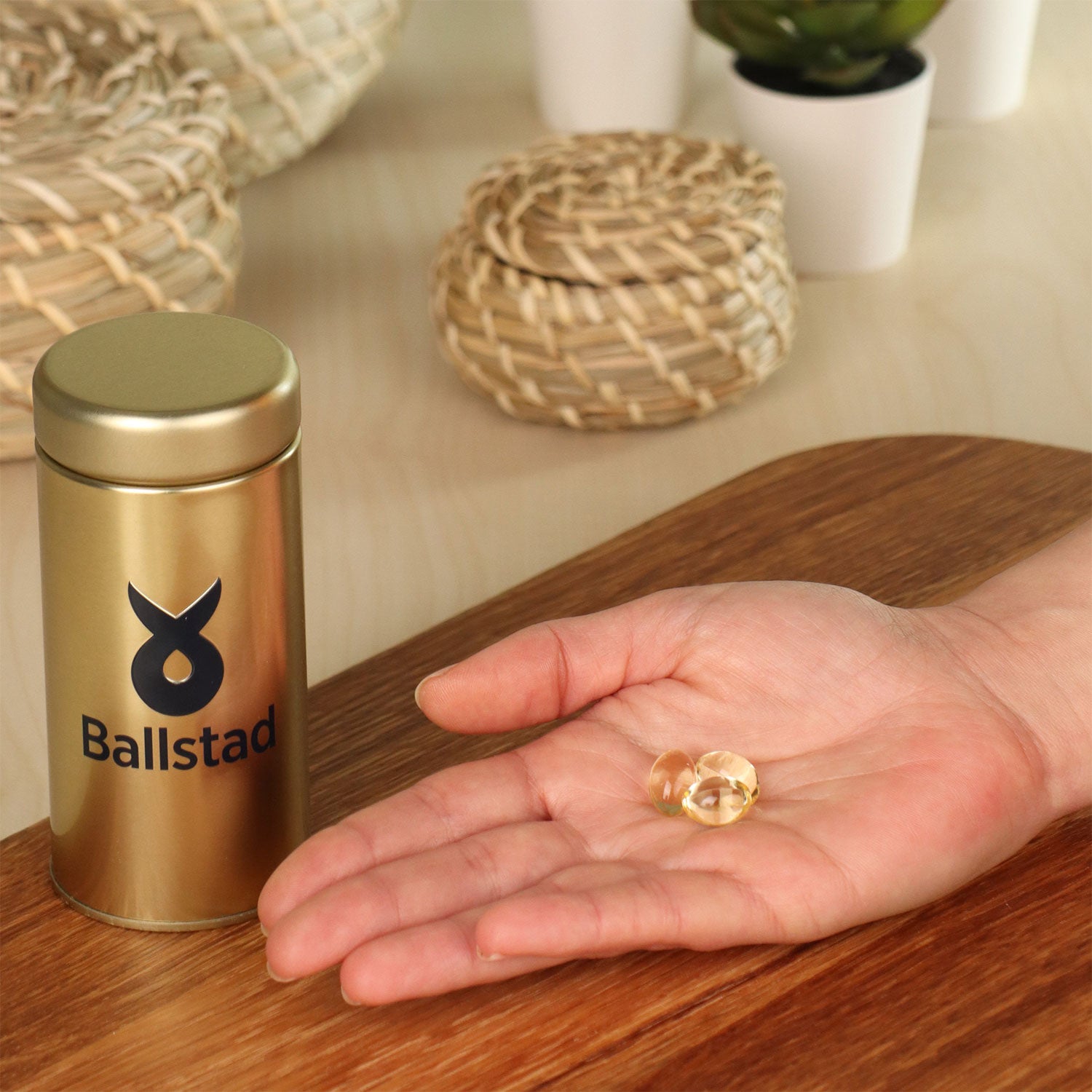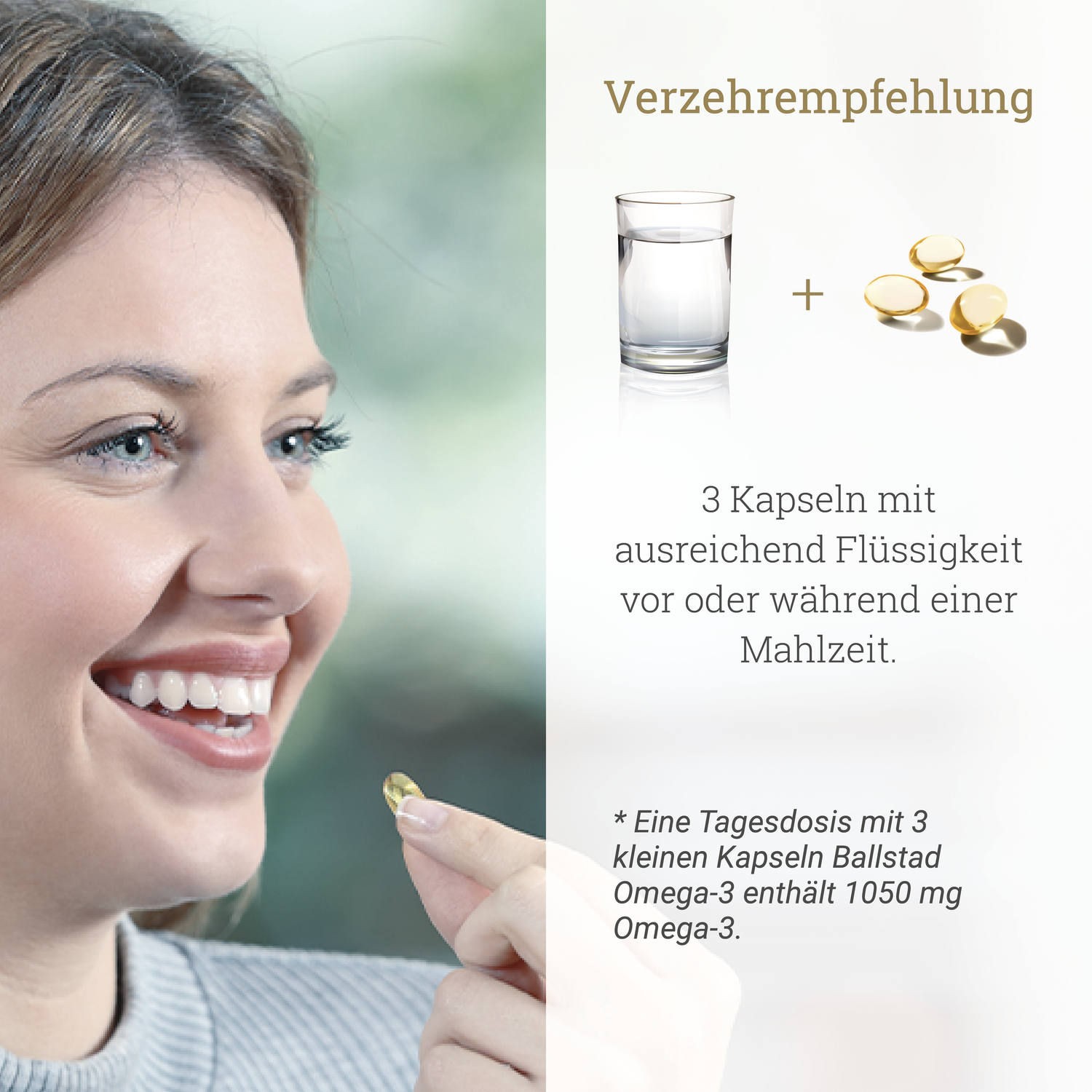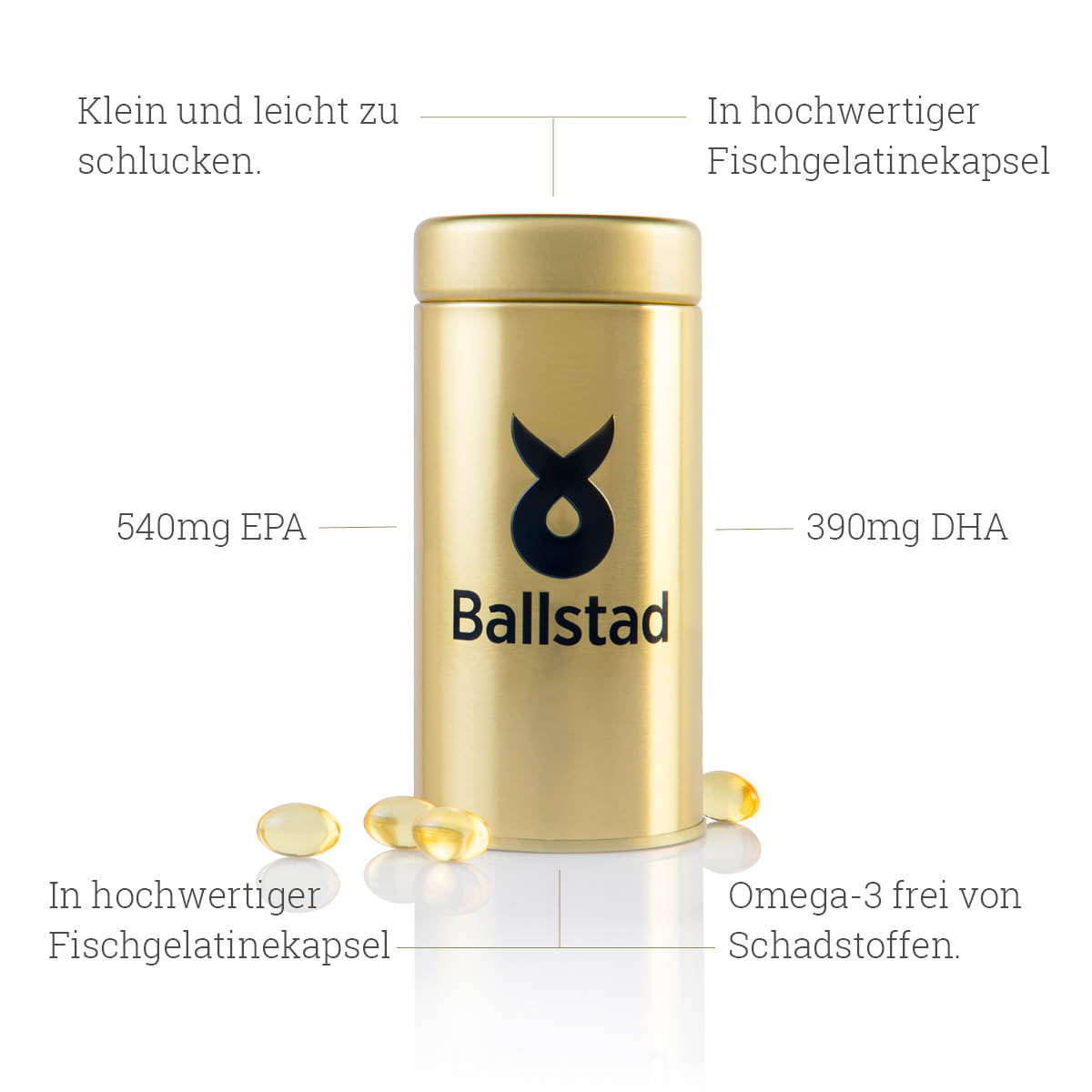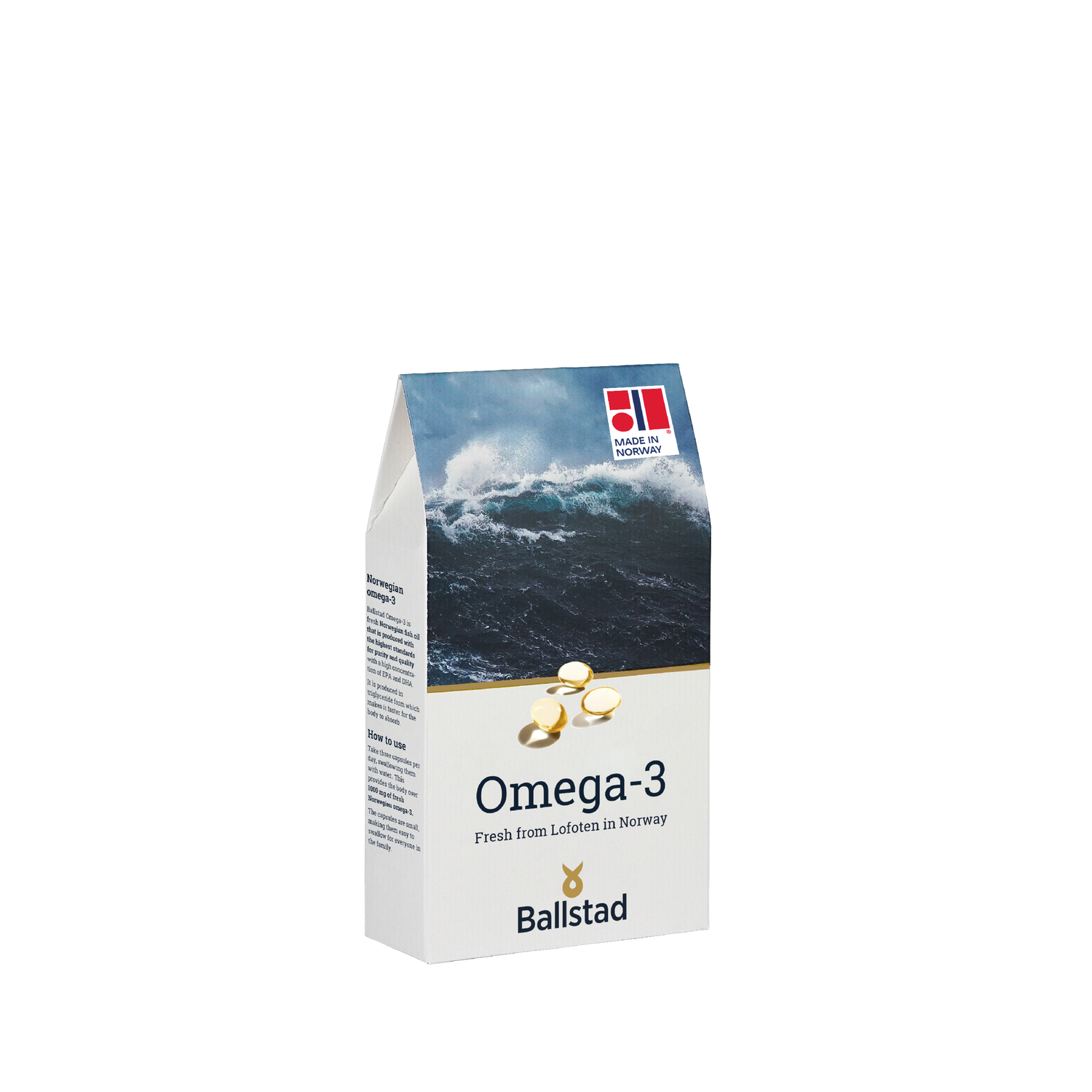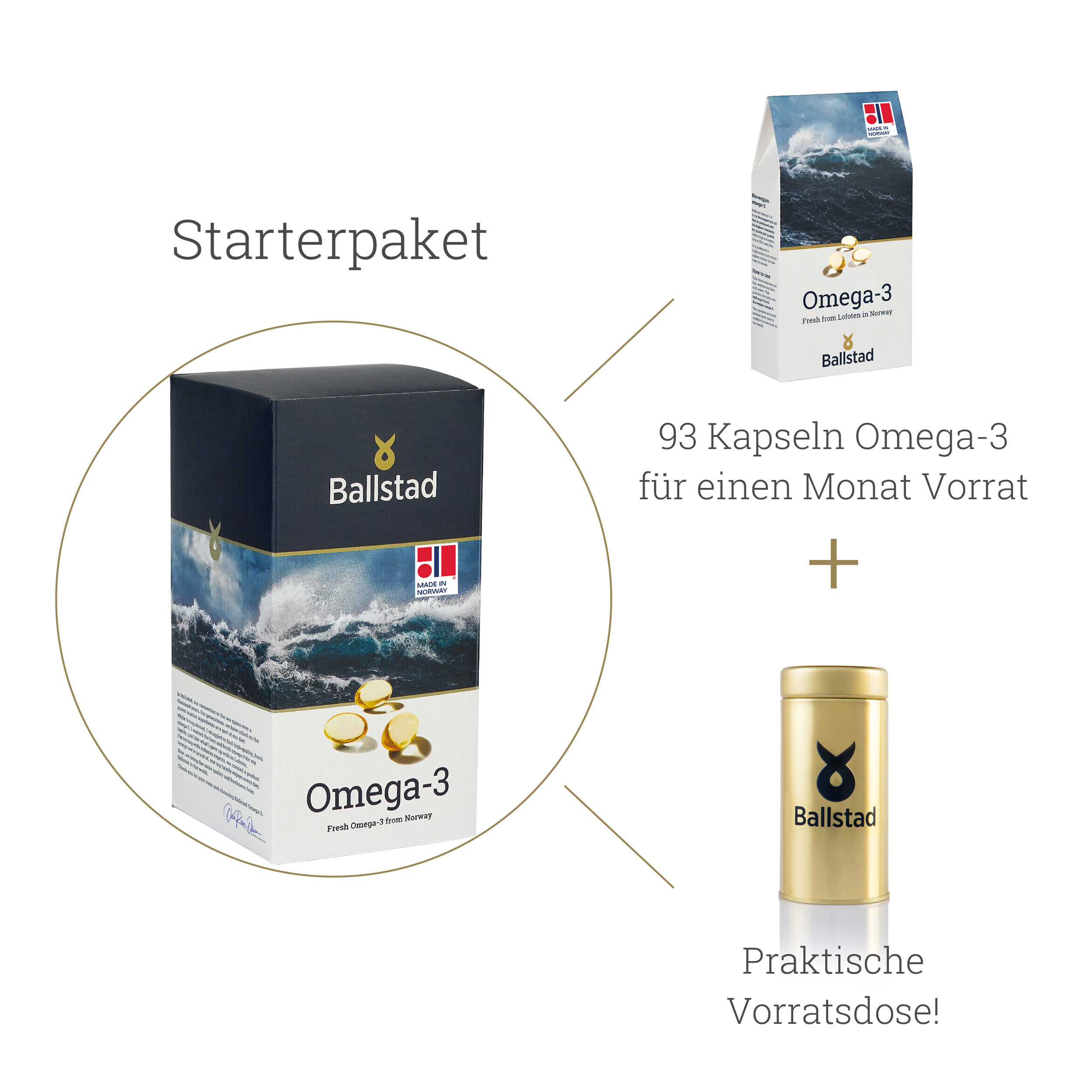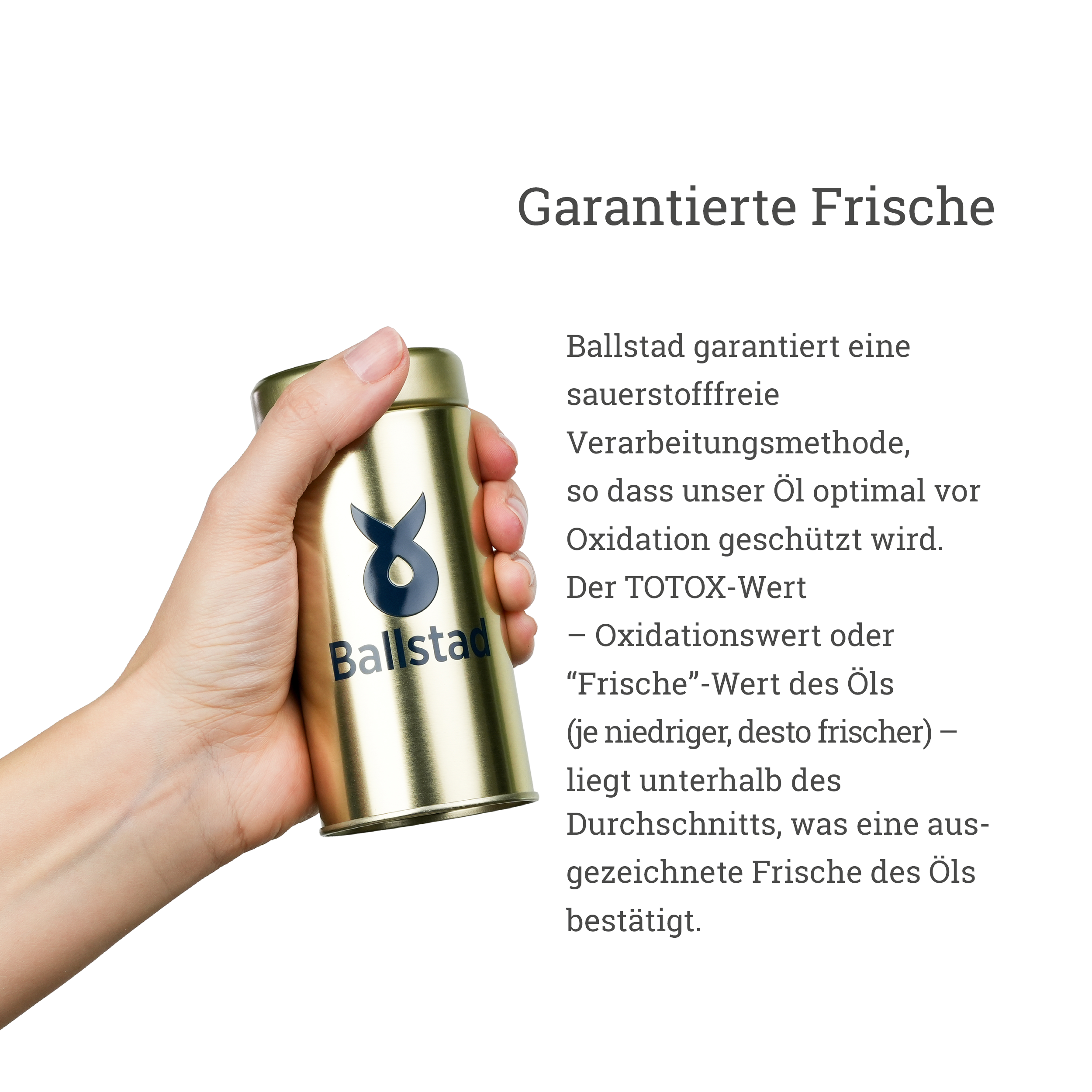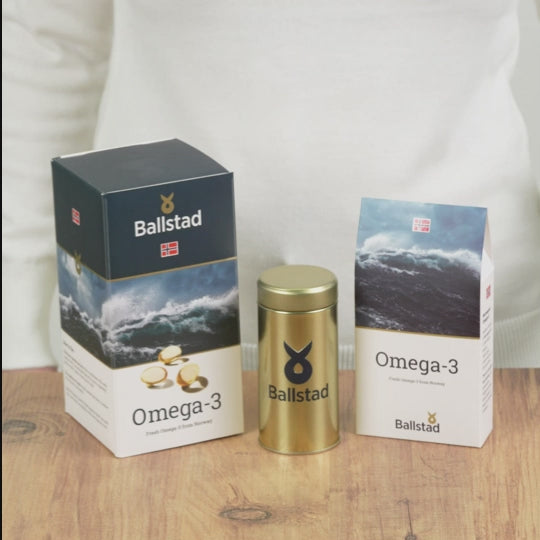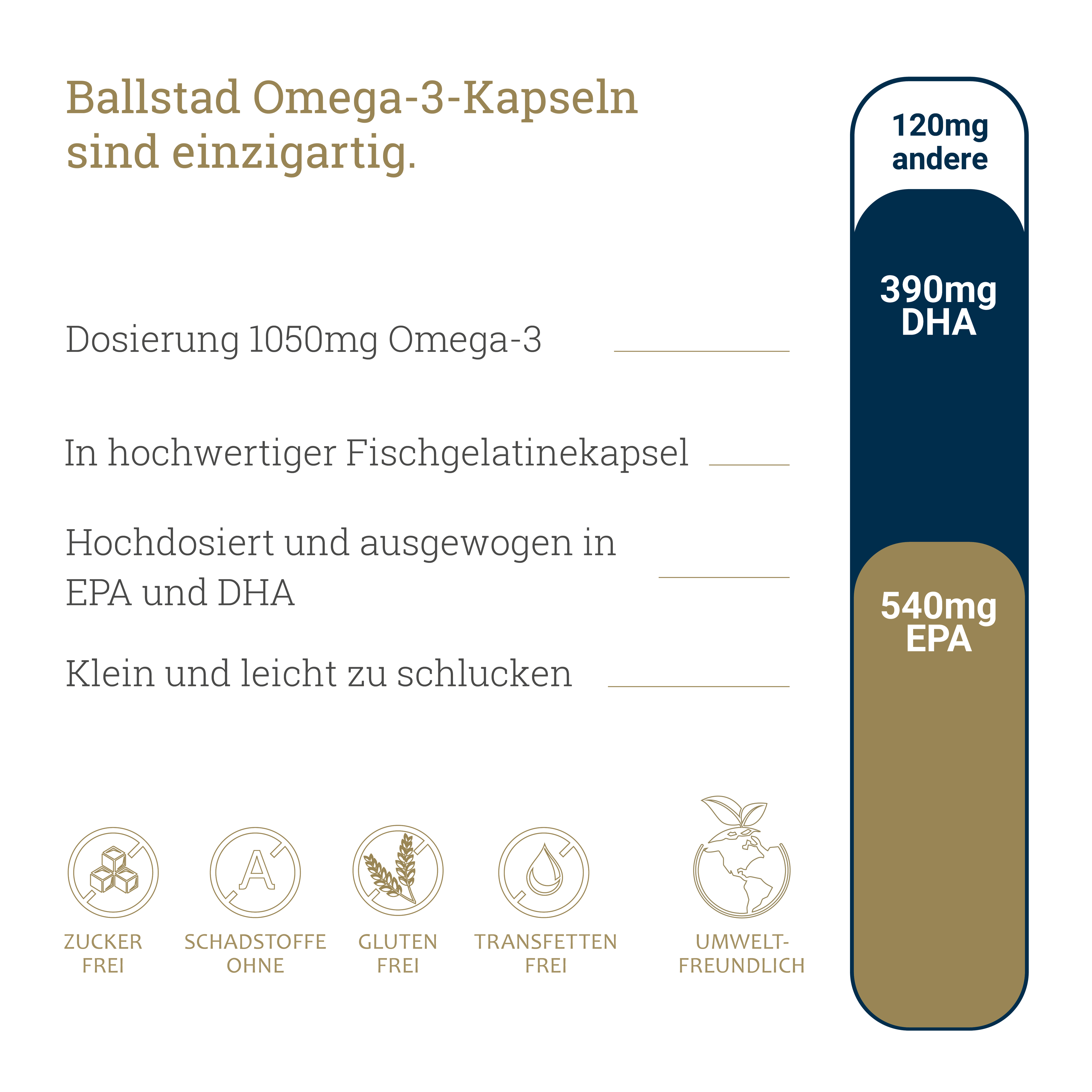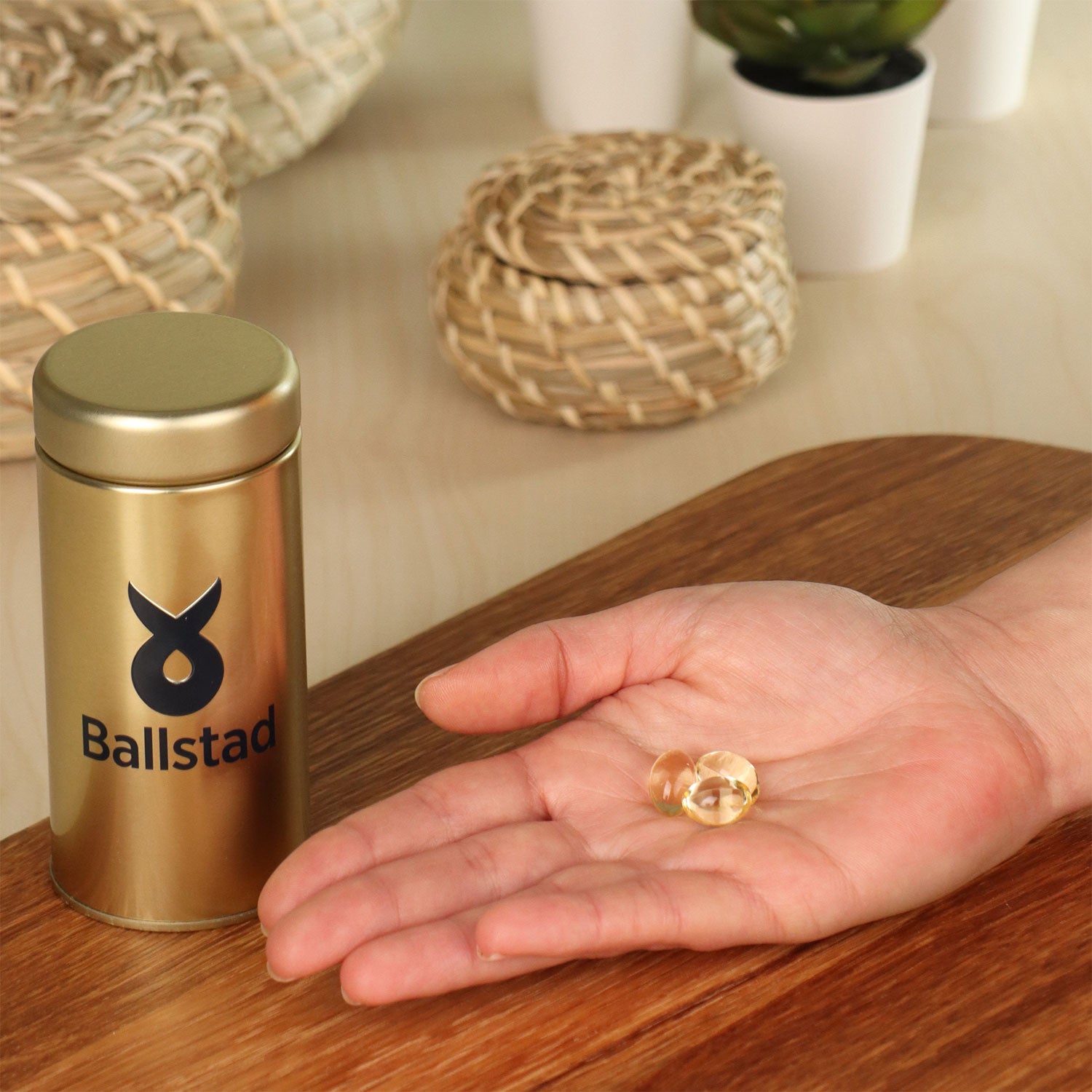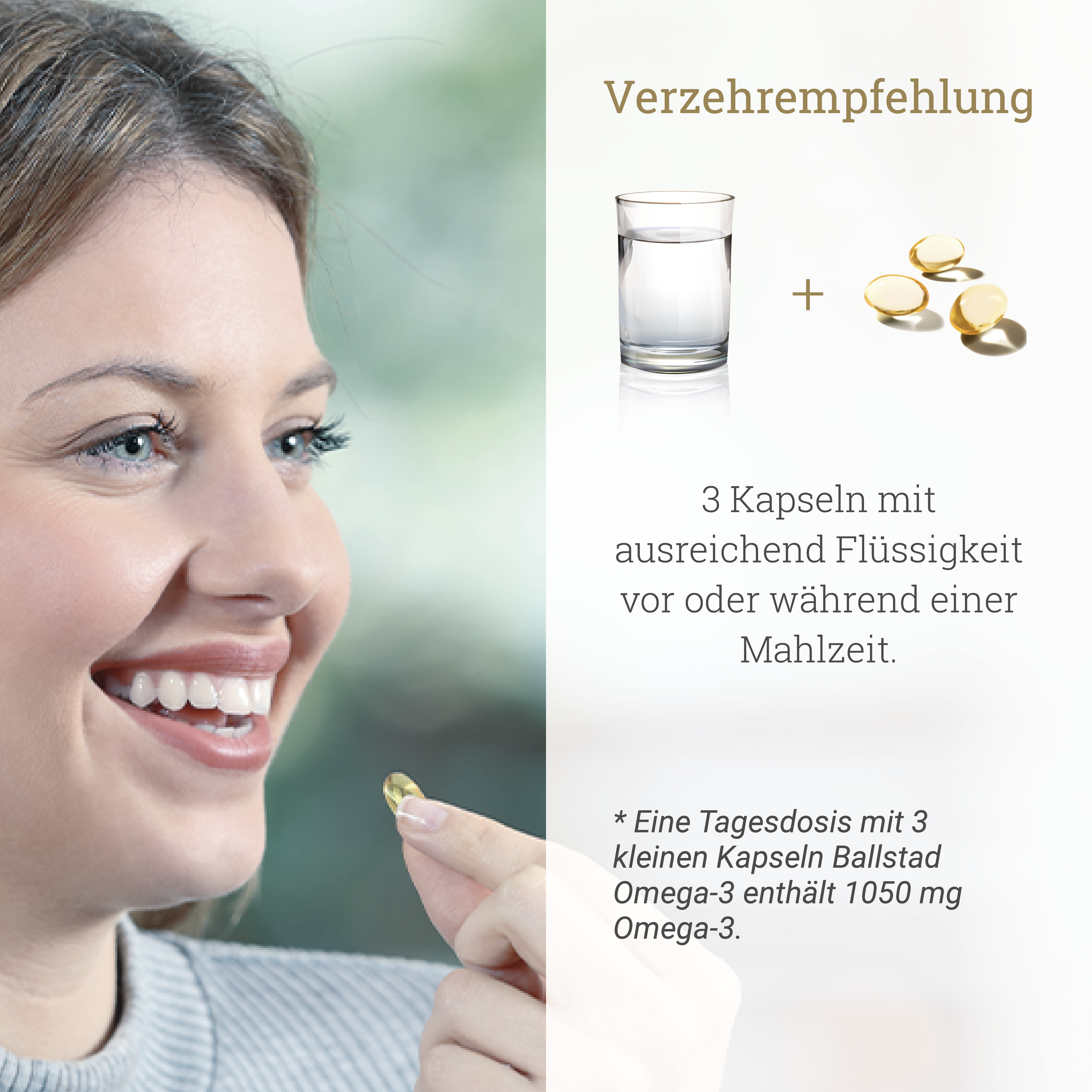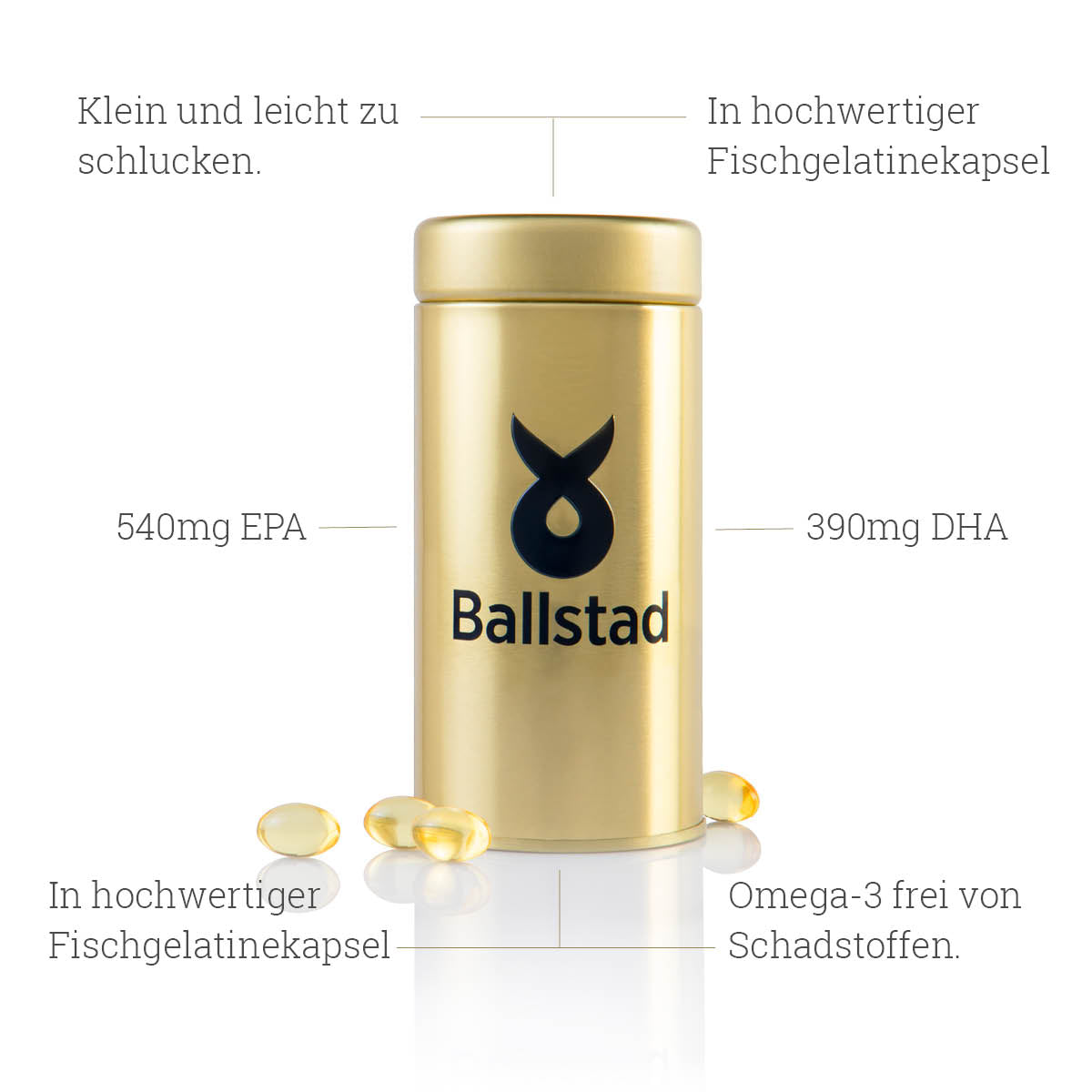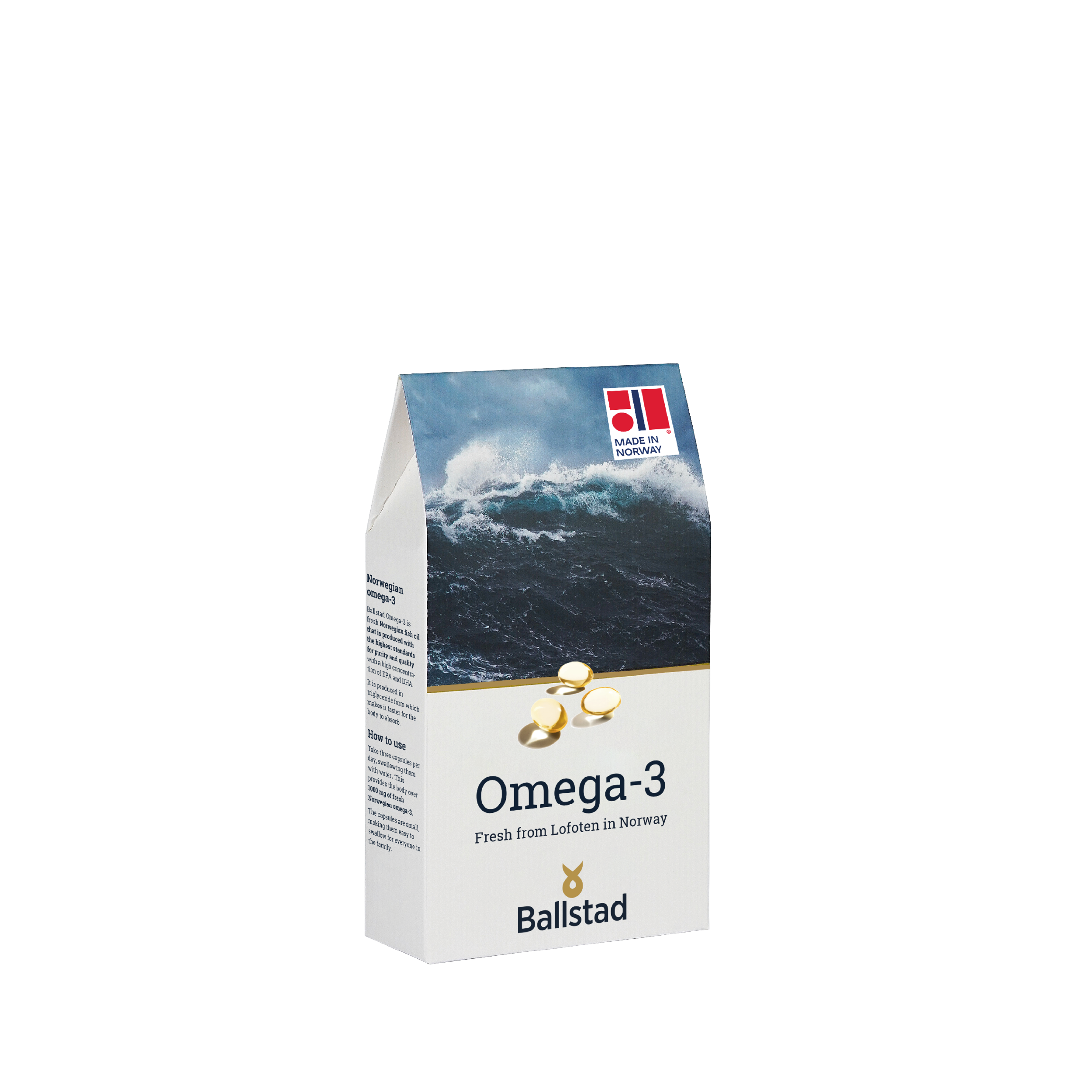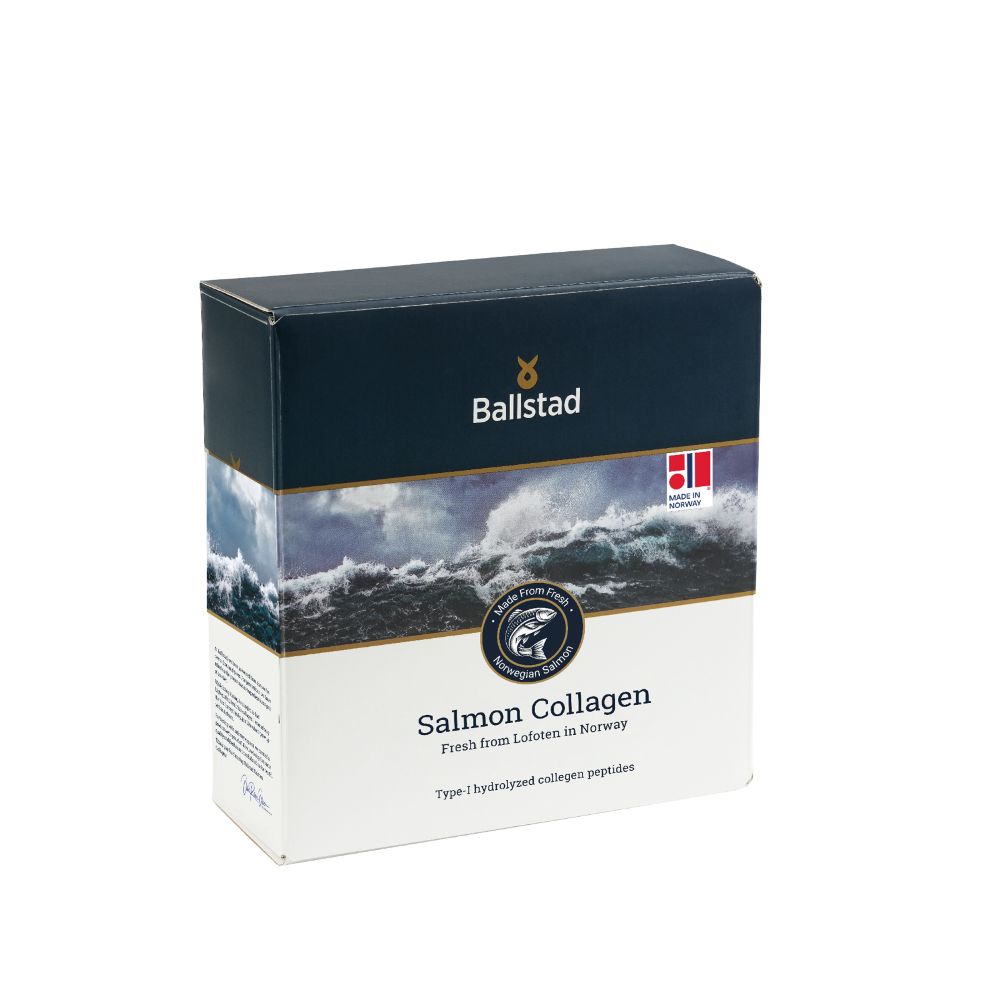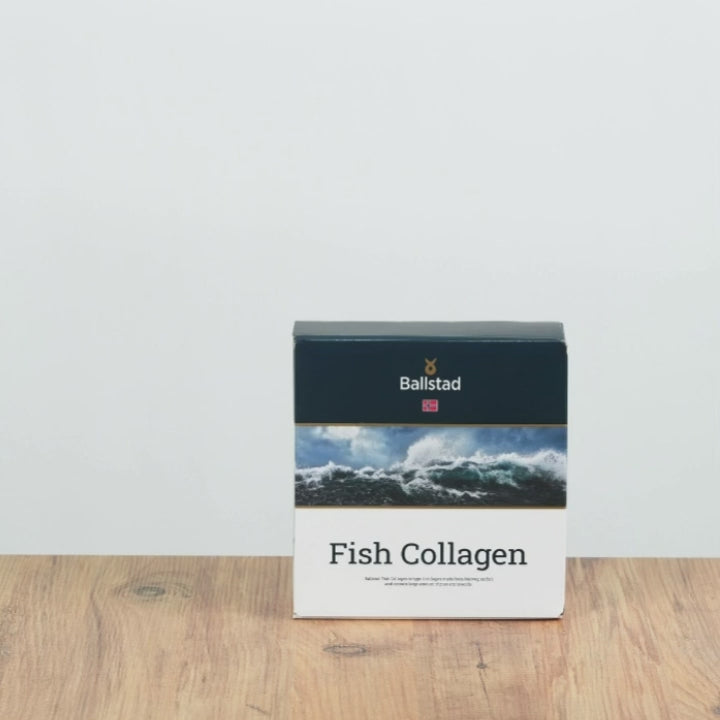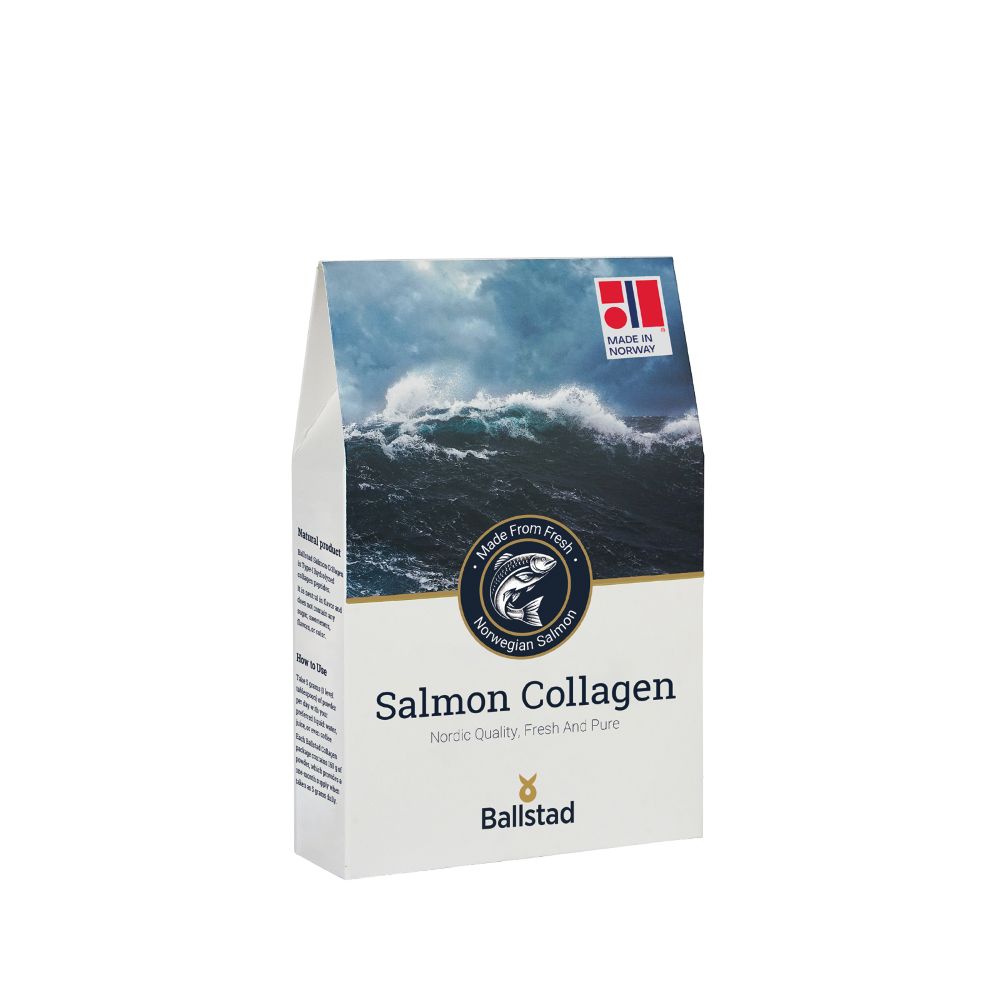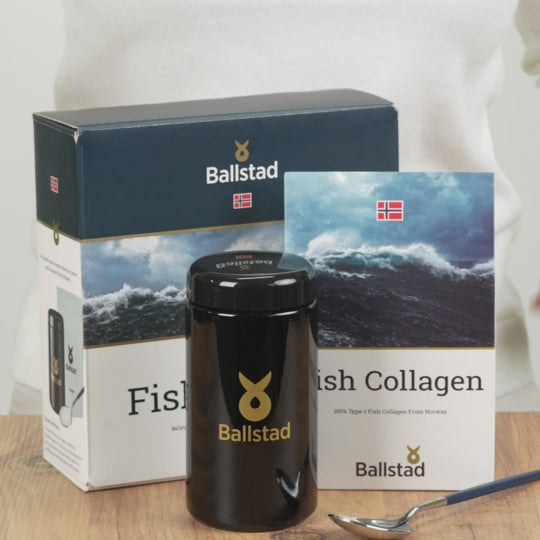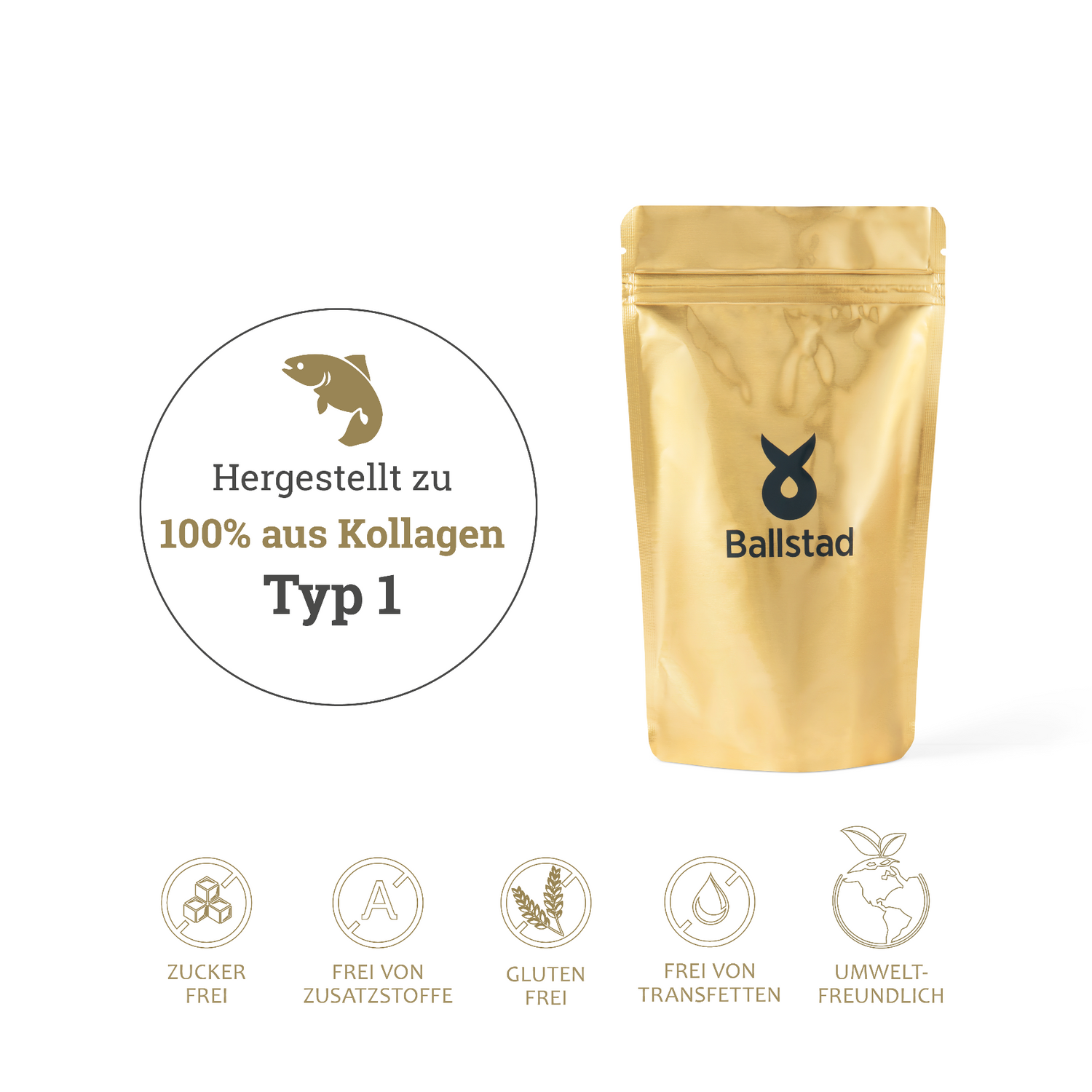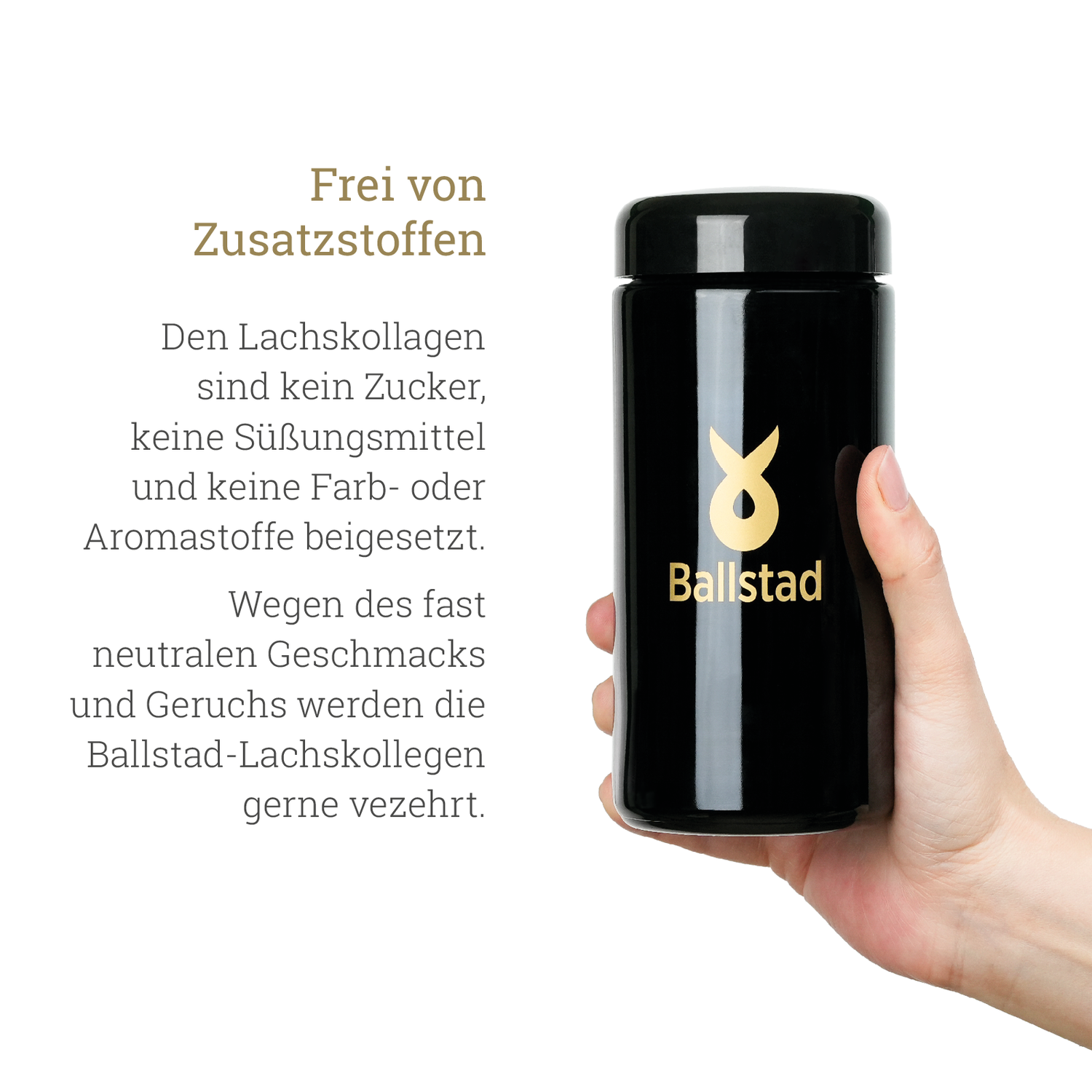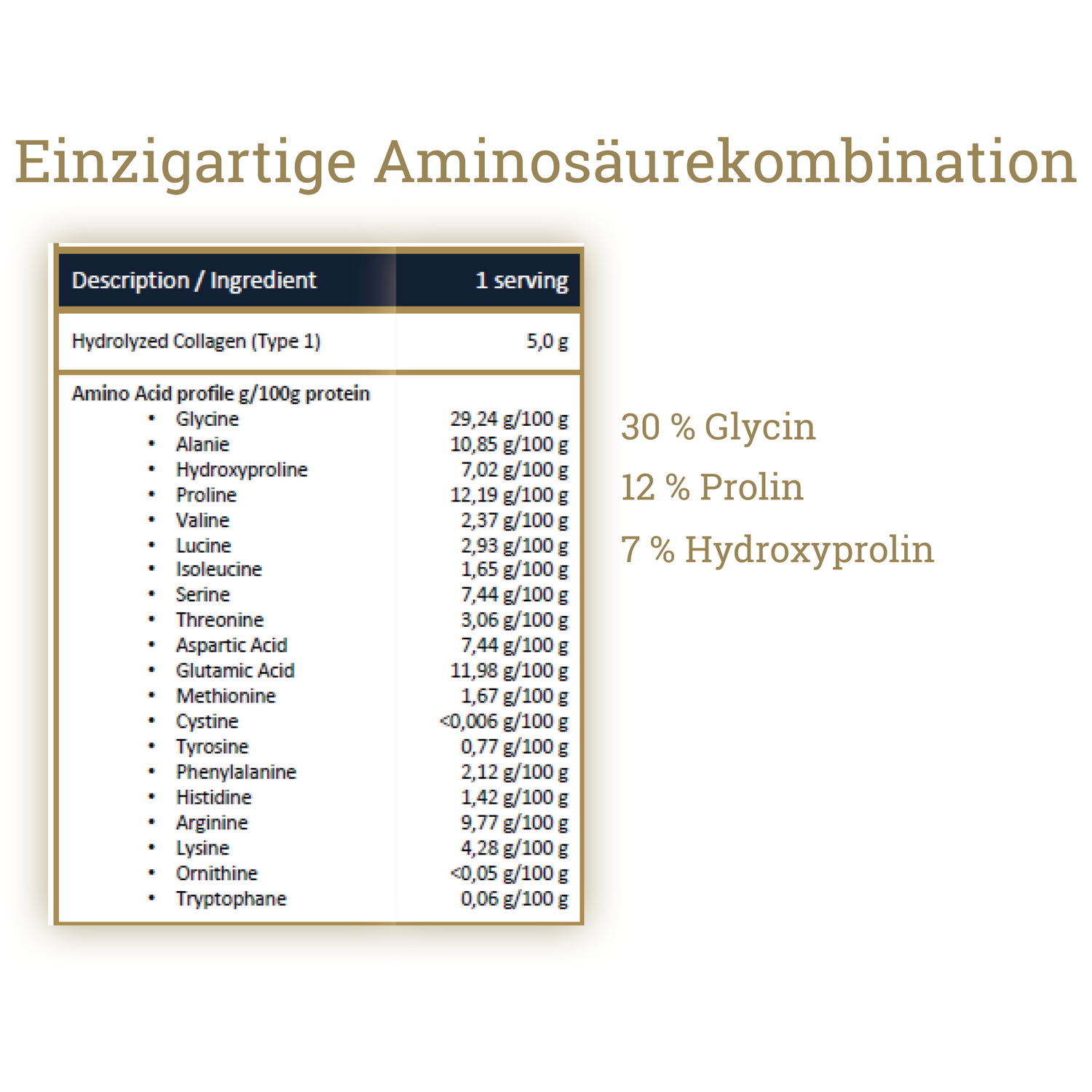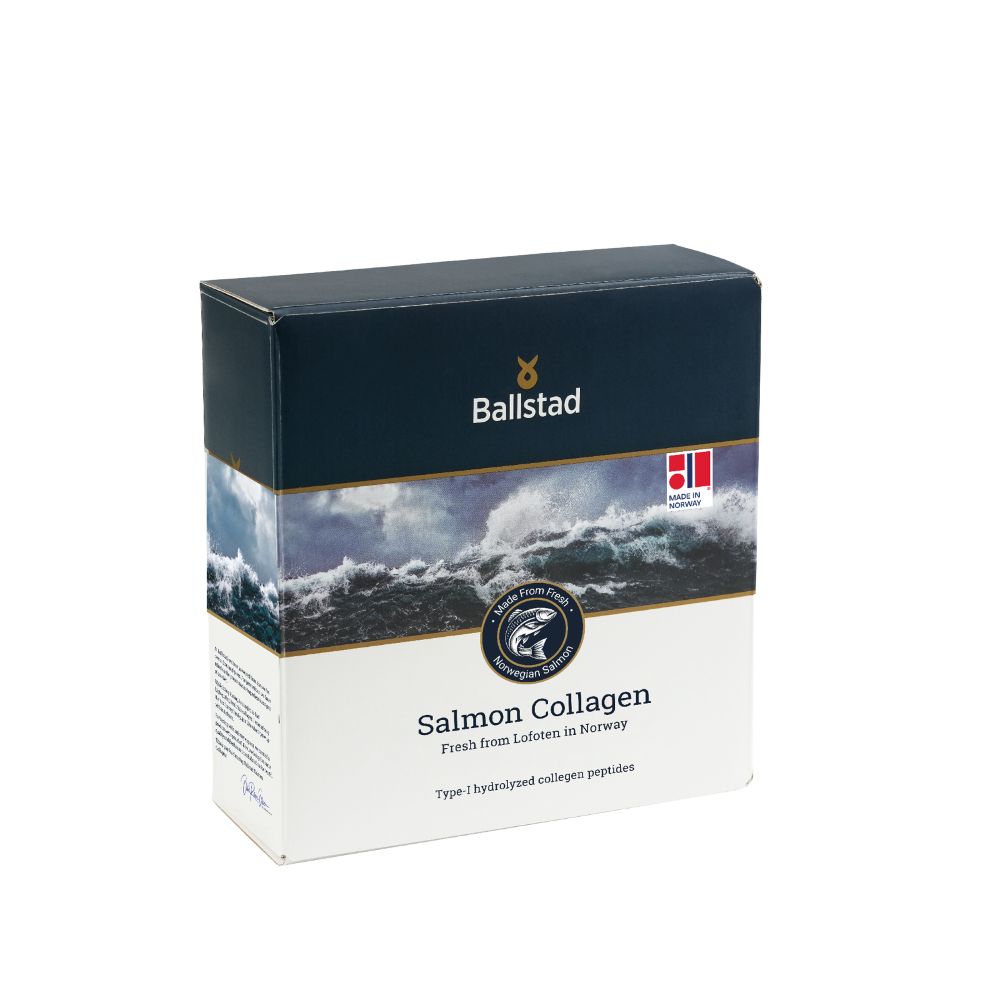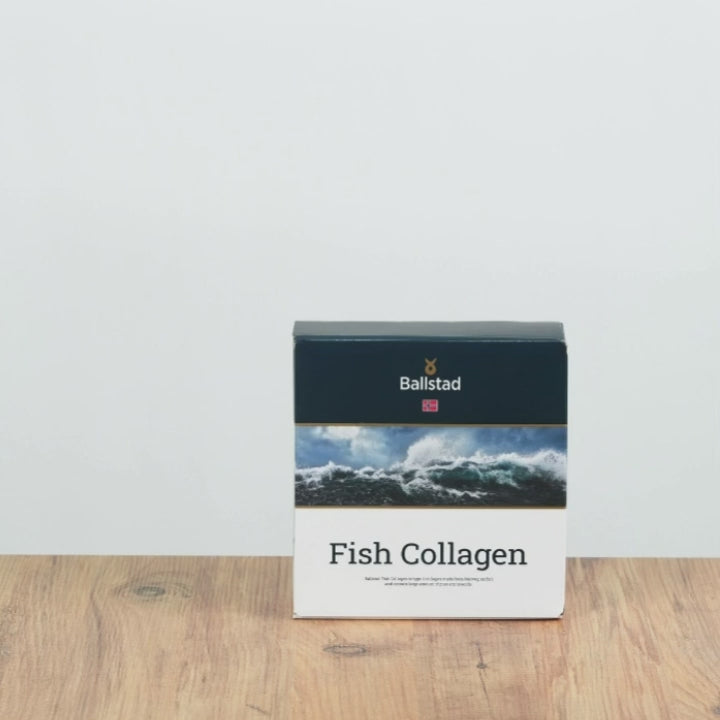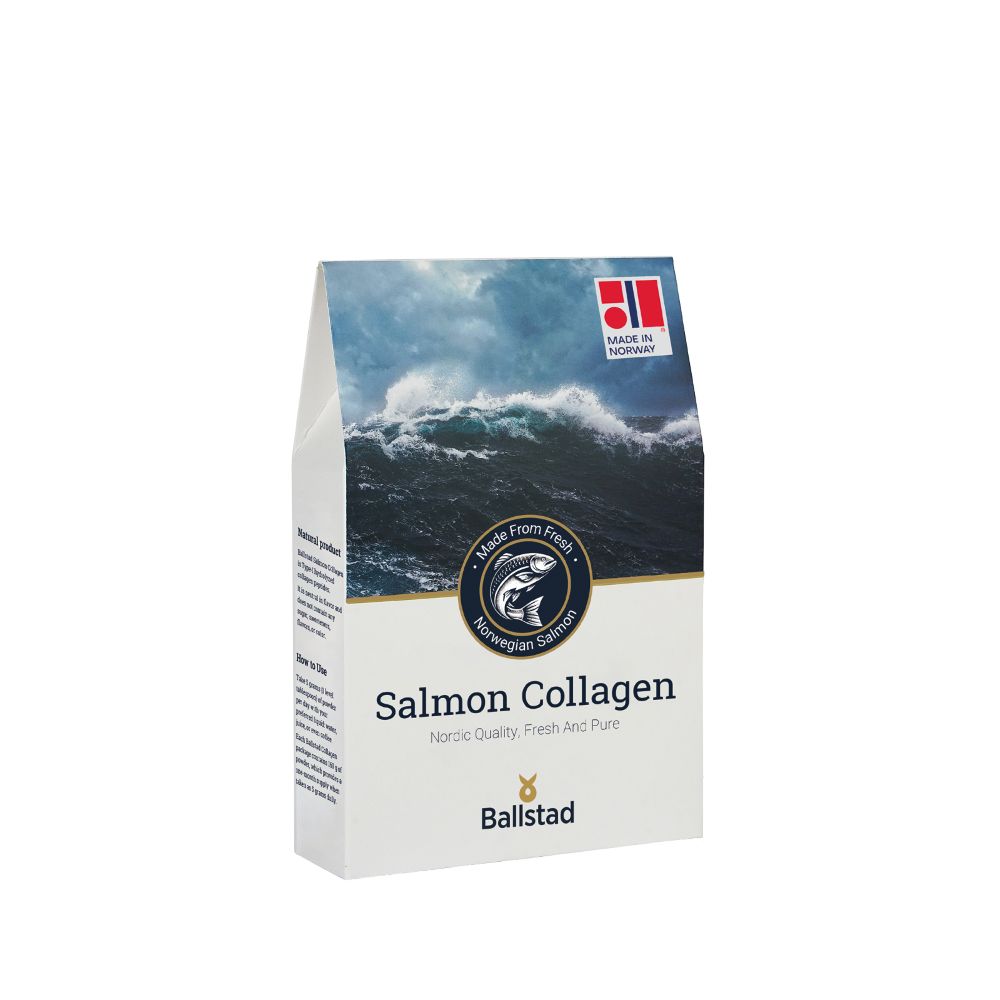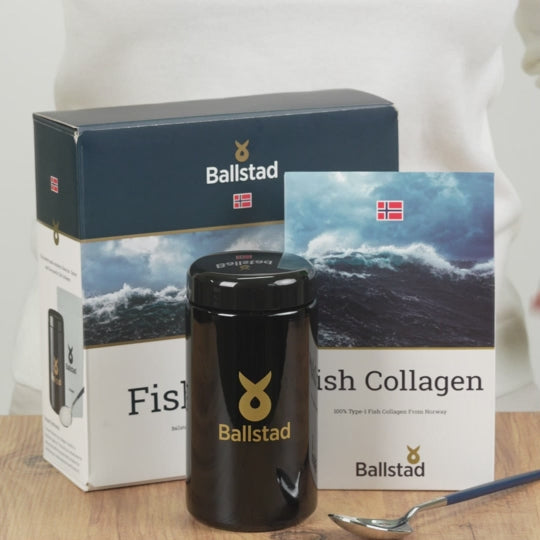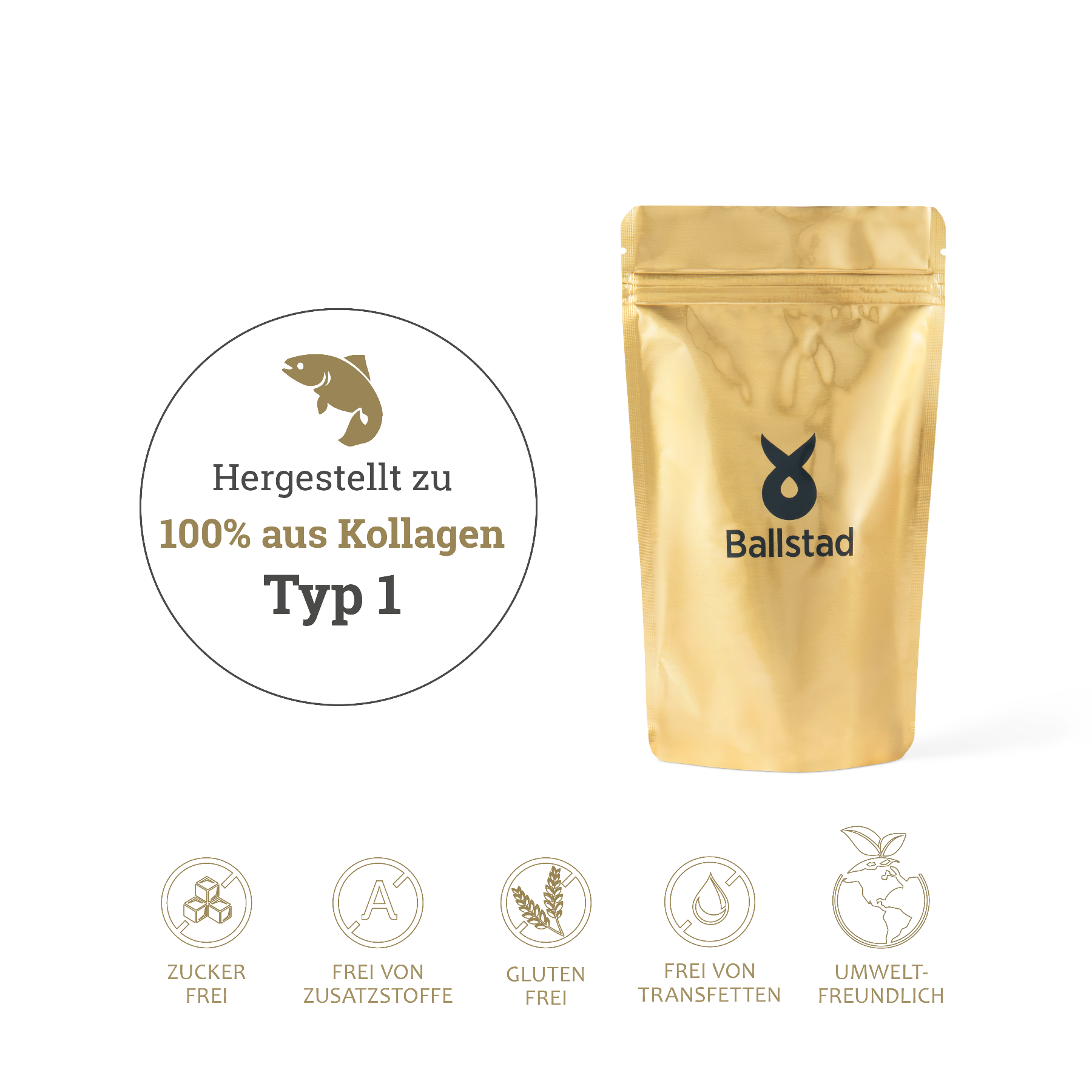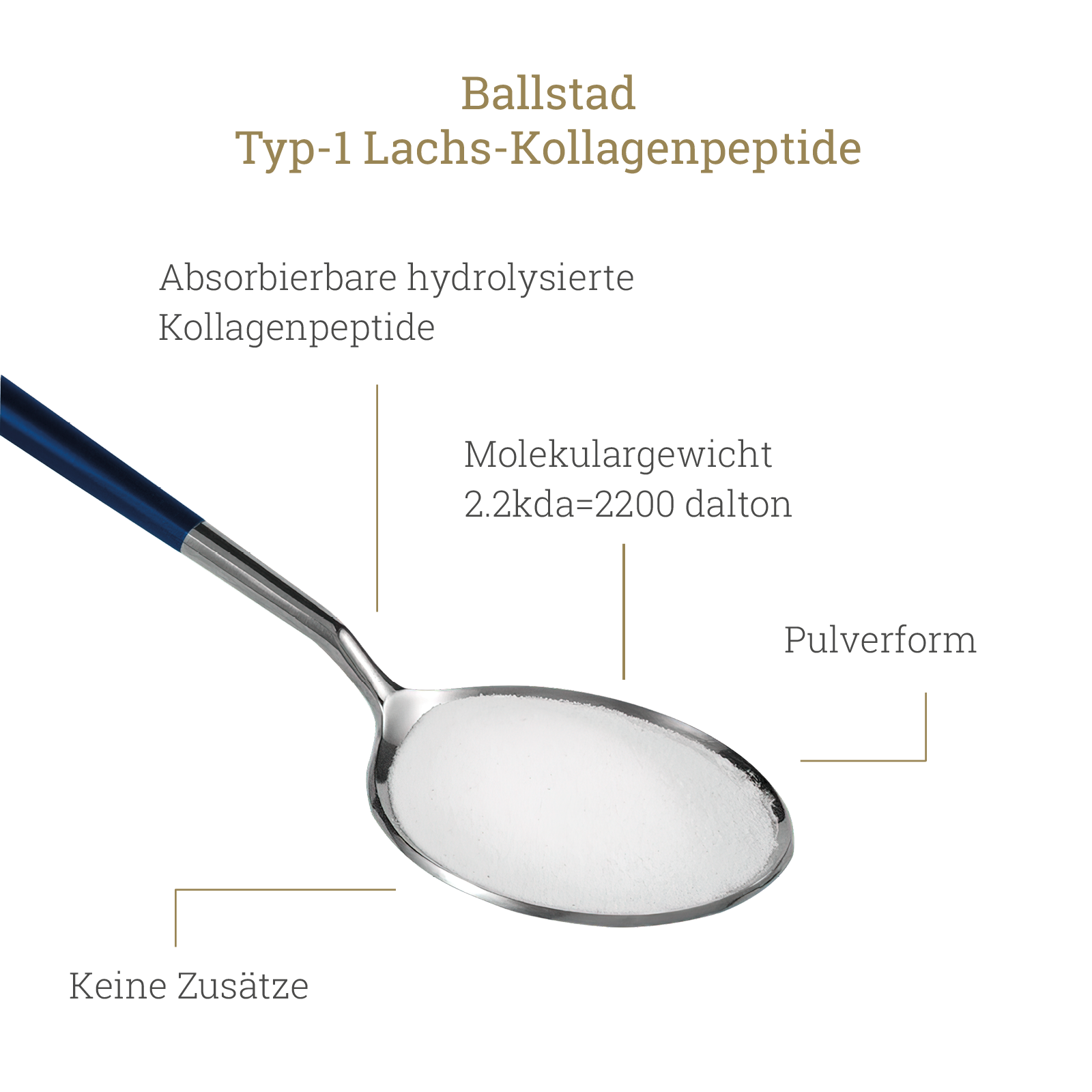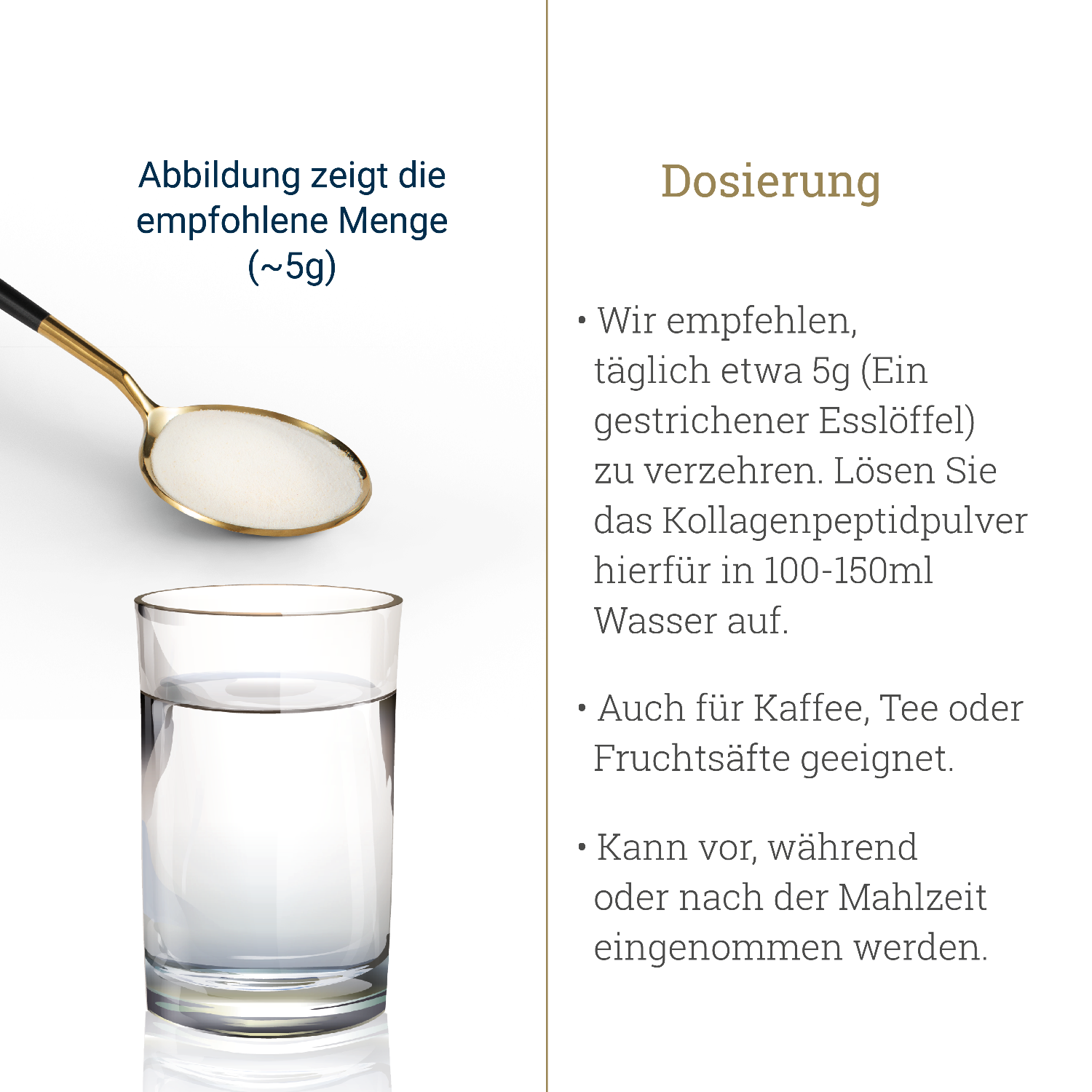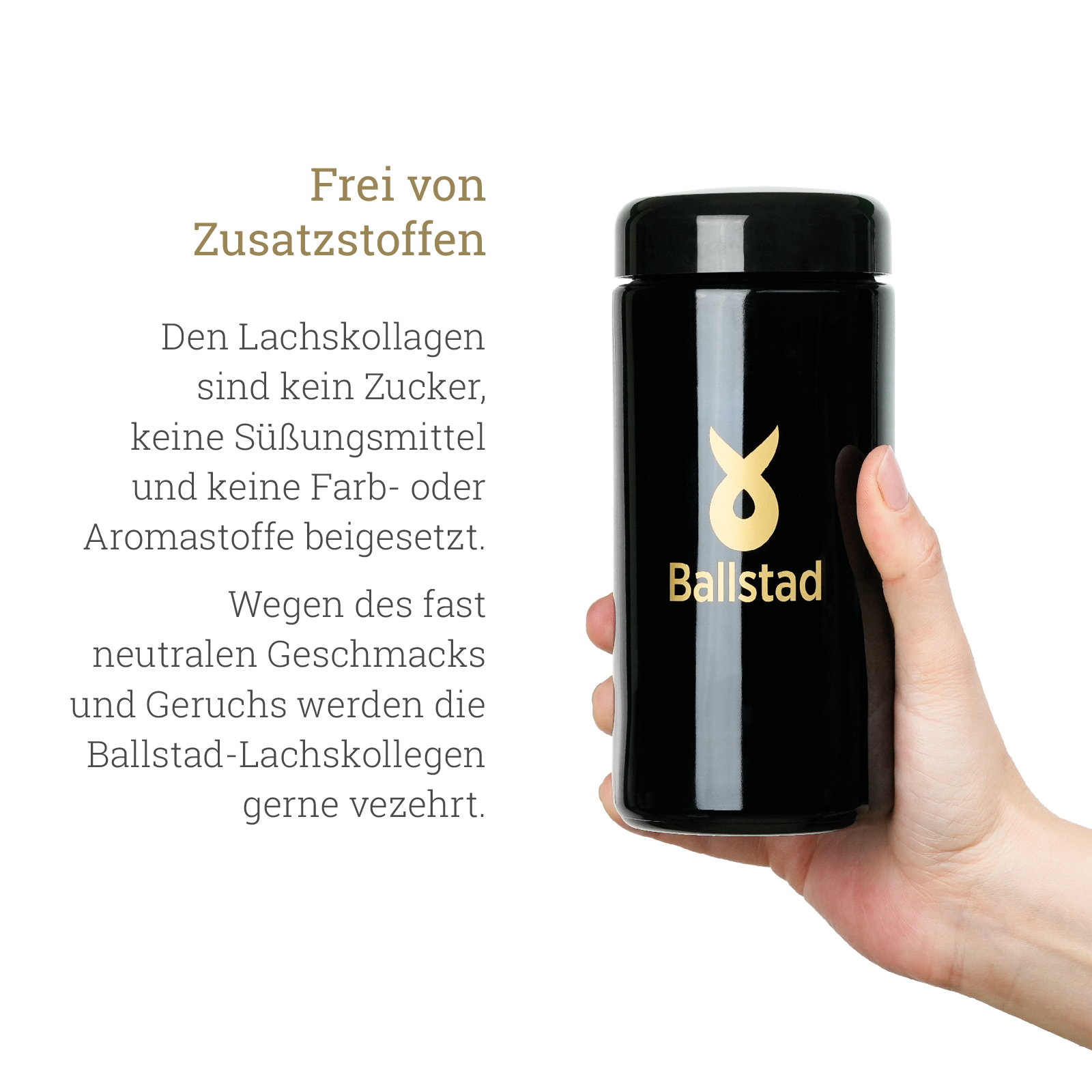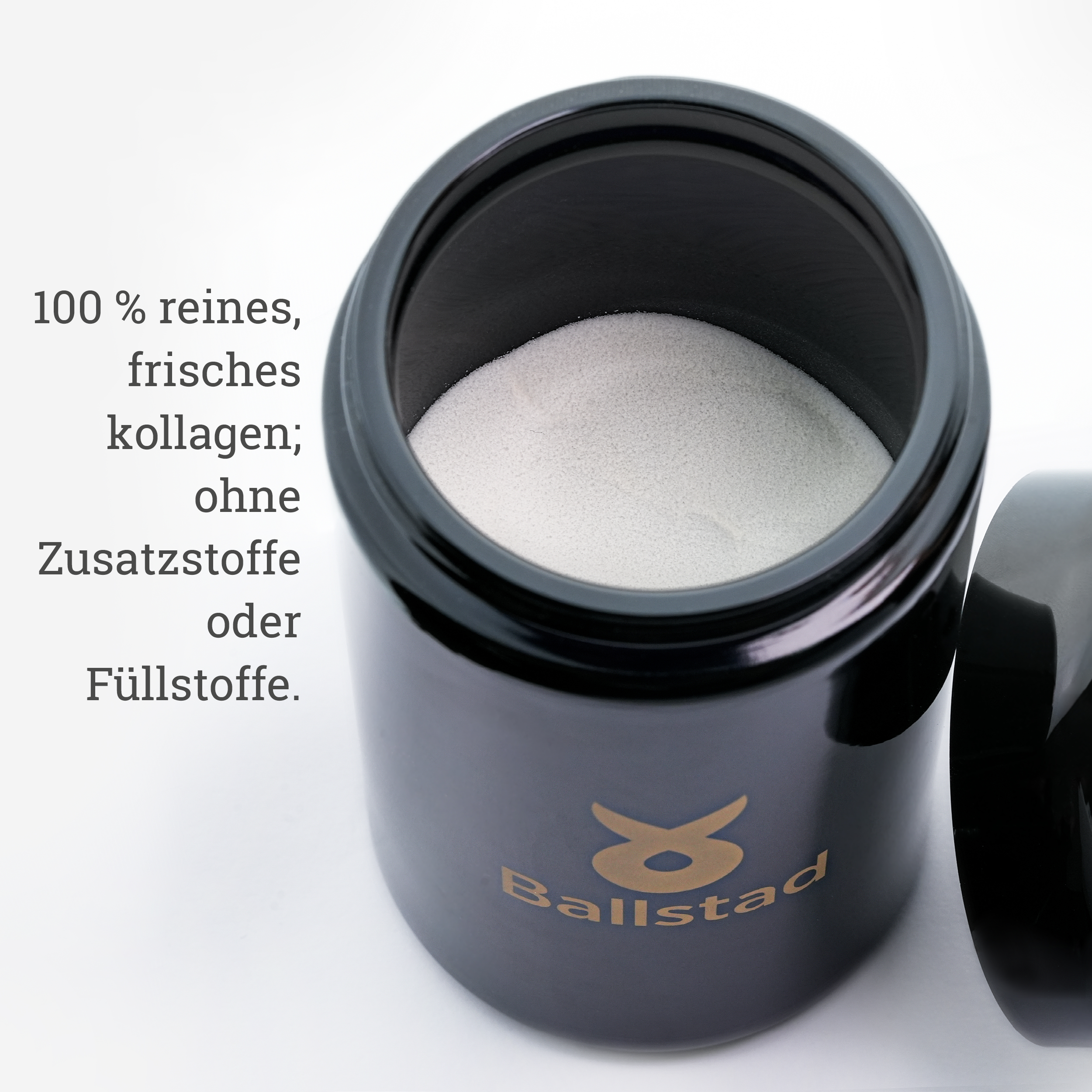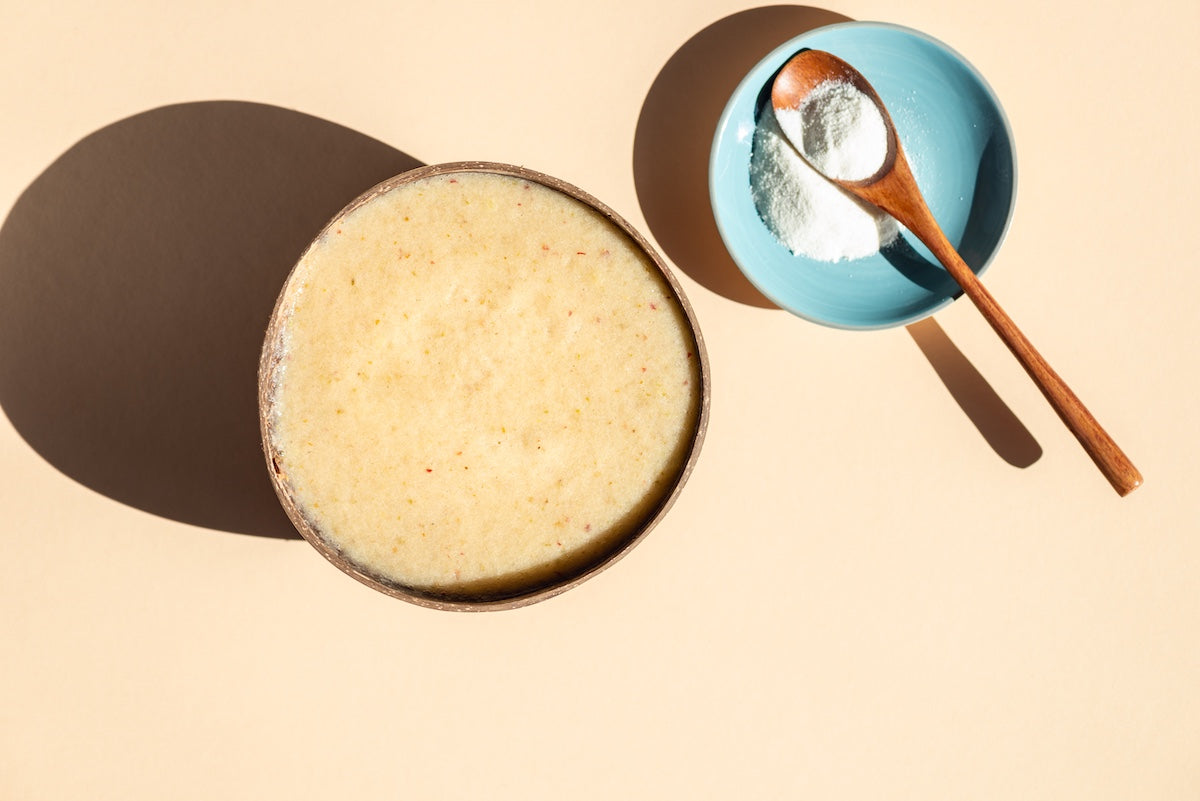Why is water essential for our body?
It's especially important to drink enough fluids on hot summer days. Our nutrition expert from Ballstad points out that as temperatures rise, so does our need for fluids – and reminds us how vital water is for our bodies.
Water supports numerous functions in the body: It aids in the digestion and absorption of nutrients, regulates body temperature, promotes the elimination of metabolic waste, and ensures the smooth functioning of joints, organs, and cells. Water also provides important minerals such as calcium, magnesium, and fluoride. All of these functions require a stable fluid balance—known as hydration.
What happens when you dehydrate?
An adult loses approximately 2.5 liters of water daily through urine, sweat, breathing, and stool. Infants are particularly at risk because their bodies are largely made up of water. Significant fluid loss can lead to circulatory problems, reduced nutrient supply to the organs, and other health problems.
Possible consequences of insufficient fluid intake:
-
Weight gain: Slow digestion can make weight control more difficult. Drinking enough water supports metabolic function and can thus indirectly help with weight loss.
-
Digestive problems: Fiber, exercise and sufficient fluids are essential for healthy bowel function.
-
Urine color is a clue: Dark urine can indicate insufficient fluid intake. The rule of thumb is 35 ml of water per kilogram of body weight daily.
When does our need for fluids increase?
In certain situations, the water requirement is particularly high:
-
In extreme heat
-
With increased physical activity
-
With a diet rich in protein and salt
-
In case of fever, heavy sweating, diarrhea or respiratory diseases
In all these cases, the lost fluid must be replaced in order to maintain organ function and circulation.
Tips for adequate hydration in summer
-
Unsweetened, non-carbonated iced teas are a refreshing alternative to water.
Green tea —whether drunk hot or cold—supports metabolism and, according to scientific studies, can also reduce the risk of cardiovascular disease. In summer, you can enhance it with pureed fruit such as lemon, peach, or strawberries. -
Mineral water is ideal for people who find it difficult to drink enough still water.
-
Homemade, sugar-free lemonades with lots of ice are a tasty, calorie-free solution for the whole family.
Dyt. Buse Altınay
Nutritionist at Ballstad



